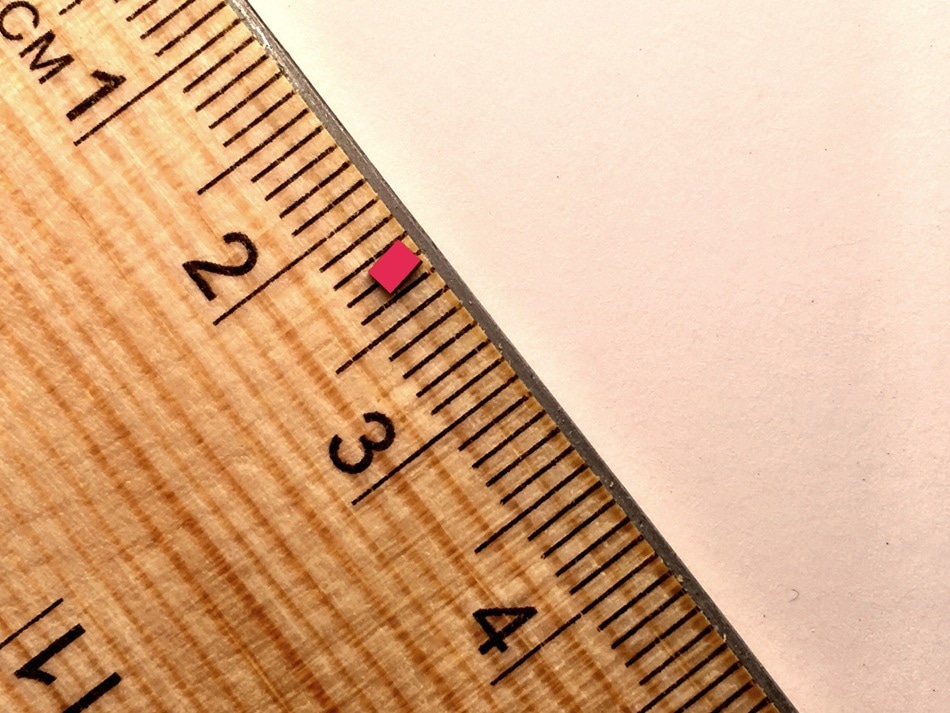Velodyne LiDAR Inc., the recognized global leader in Light, Detection and Ranging (LiDAR) technology, today announced a groundbreaking design for a solid-state LiDAR sensor that can deliver a subsystem cost of under $50 U.S. when sold in high-volume manufacturing scale.
 Velodyne LiDAR GaN integrated circuit (Credit: Business Wire)
Velodyne LiDAR GaN integrated circuit (Credit: Business Wire)
The technology will impact the proliferation of LiDAR sensors in multiple industry sectors, including autonomous vehicles, ridesharing, 3D mapping, and drones. LiDAR sensors that leverage this new design will be less expensive, easier to integrate due to their smaller size, and more reliable as a result of fewer moving parts. The technology can also be integrated in Velodyne LiDAR’s existing Puck form factors.
“Our new design approach creates a true solid-state LiDAR sensor, while significantly raising the bar as to what can be expected from LiDAR sensors as far as cost, size, and reliability,” said David Hall, founder and CEO, Velodyne LiDAR. “Together with our customers and partners, we strive to create a world where LiDAR sensors increase safety and freedom for people everywhere, and this new design is a huge step in that direction.”
Velodyne LiDAR’s new approach to the development of solid-state LiDAR sensors reflects the application of a monolithic gallium nitride (GaN) integrated circuit, developed in partnership with Efficient Power Conversion (EPC). The design consolidates components and results in significant advances in sensor miniaturization, reliability, and cost reduction. Each integrated circuit is less than 4mm square, which just covers George Washington’s nose on the U.S. quarter.
According to Dr. Alex Lidow, CEO and co-founder of Efficient Power Conversion Corporation, "As LiDAR technology continues to gain widespread adoption, GaN technology brings higher performance resulting in higher image resolution, all while offering enhanced integration of key functions that ultimately lead to reduced overall cost for LiDAR-based system solutions."
“Velodyne’s decades of LiDAR expertise places it in the best position to define and develop power and performance optimized integrated circuits specific to LiDAR,” said Anand Gopalan, Vice President of Research & Development, Velodyne LiDAR. “This technology really opens the door to miniaturization and gives Velodyne the ability to build LiDARs in various form factors for many diverse applications. We will soon have a portfolio of integrated circuits to address various aspects of LiDAR functionality, paving the way to a whole new generation of reliable, miniaturized, and cost-competitive LiDAR products.”
Velodyne LiDAR’s design is currently being tested and integrated into future products, and a release date announcement will be made in 2017.